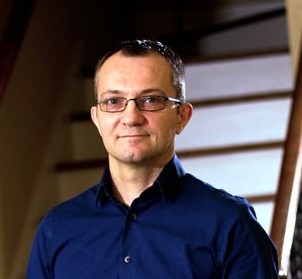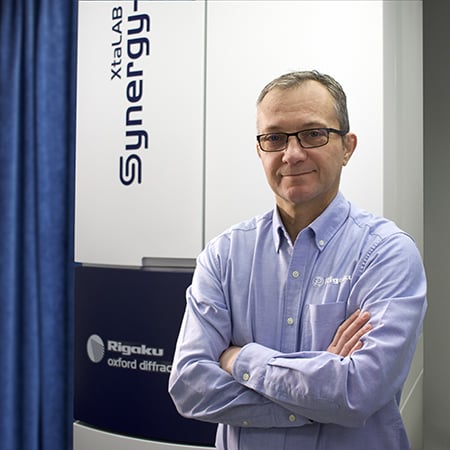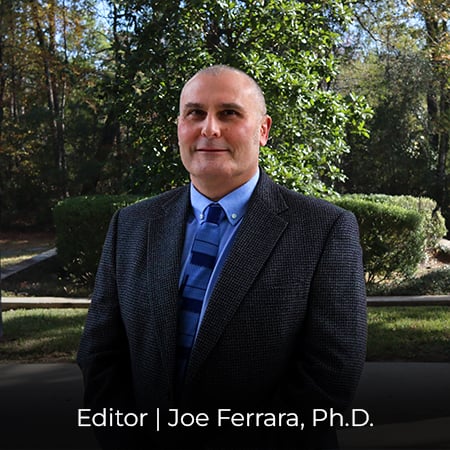Section 1: The Power of Knowing the Crystal Structure of Your Compound
Presenter: Pierre Le Magueres, PhD
Have you ever faced setbacks or surprises in drug discovery or pre-formulation because of difficulty synthesizing desired compounds or because of their unexpected behaviors? Challenges like polymorphs, absolute configurations, inconsistent solubility, stability issues, or failed synthesis validation are often traced back to an incomplete understanding of the crystal structure.
Knowing the crystal structure of your new compound is essential during the discovery phase to identify it unambiguously, optimize drug efficacy and predict performance. It answers critical questions about molecular configuration, polymorphism, solvate formation, or salt/co-crystal identification—insights that can shape the success of later development stages.
In this episode, we’ll discuss how X-ray and electron diffraction techniques reveal the molecular arrangement in crystalline materials and why this matters for pharmaceutical discovery and early development. Using real-world examples, we’ll show how determining crystal structures has solved key challenges for pharma scientists.
What you will learn:
- Technique: Crystal structure analysis by X-ray and electron diffraction
- Relevant lifecycle stage: Discovery
- Explored applications: Figuring out a molecule’s absolute configuration, differentiating salts from co-crystals, identifying hydrates or solvates, checking for polymorphs, locating a drug candidate in the target protein, etc.
Who should attend:
- Pharmaceutical scientists and researchers involved in drug discovery
- Anyone interested in learning about the applications of crystal structure analysis in pharmaceutical analysis
Section 2: Streamlining the Wet Lab: Best Practices for Managing Stock Solutions
Presenter: Amy Syverson
Have you ever struggled with inconsistent results or reduced productivity in your drug discovery research due to poorly managed reagents and buffers? Liquid handling robots can significantly boost efficiency in life science laboratories, but only when properly supported by well-maintained stock solutions. When these essential resources aren’t effectively managed, your research output—and progress—can suffer.
In this session, we’ll share lessons learned from years of experience in managing stock solutions for the production of protein crystallization reagent kits. You’ll gain actionable insights into best practices that ensure your liquid handling instrumentation delivers reliable, high-quality results.
What you will learn:
- Technique: Stock solution management
- Relevant lifecycle stage: Discovery
- Covered techniques:
- 5 best practices for proper stock solution management
- How to implement stock solution management in your research workflows
- How to make liquid handling robots a seamless and effective part of your lab
Who should attend:
- Pharmaceutical researchers in the drug discovery stage
- Scientists working in life science laboratories using liquid handling instrumentation
- Anyone looking to improve reagent and buffer management in their research
Downloads
Enhancing Pharma Processes Slides
- Müller, U. F., & Richert, C. (2024). "Base-pairing of uracil and 2,6-diaminopurine: from cocrystals to solution." iScience, 27, 109894. https://doi.org/10.1016/j.isci.2024.109894
- Wang, H., Li, Z., & Chen, X., 2023. "MicroED Review." Symmetry, 15(8), 1555.
https://www.mdpi.com/2073-8994/15/8/1555 - Rhodes, G., 2006. Crystallography Made Crystal Clear: A Guide for Users of Macromolecular Models (3rd ed.). Elsevier.
https://www.amazon.com/Crystallography-Made-Crystal-Clear-Macromolecular/dp/0125870736 - Rigaku, 2024. "CrysAlisPro Software Tool." Rigaku Crystallography.
https://rigaku.com/products/crystallography/x-ray-diffraction/crysalispro - Rigaku, 2024. "X-ray Diffractometers." Rigaku Crystallography.
https://rigaku.com/products/crystallography/x-ray-diffraction - Rigaku, 2024. "XtaLAB Synergy-ED: Electron Diffraction." Rigaku Crystallography.
https://rigaku.com/products/crystallography/electron-diffraction/xtalab-synergy-ed - Rigaku, 2024. "Electron Diffraction Webinar Series." Rigaku Crystallography.
https://rigaku.com/products/crystallography/electron-diffraction/webinars/synergy-ed-series - Rigaku, 2024. "Rigaku Reagents Store."
https://rigakureagents.com/ - ChemInventory, 2024. "Inventory Management Tool."
https://www.cheminventory.net/
About the presenters

Rigaku Americas Coporation | Texas, USA
Dr. Pierre Le Maguerès obtained a Ph.D. in physical chemistry and small molecule crystallography at the University of Rennes (France) in 1995, working under Dr. Lahcene Ouahab on the synthesis and analysis of molecular materials combining inorganic polyoxometalates and organic cation radicals based on tetrathiofulvalene derivatives. From 1996 to 2000, Dr. Le Maguerès worked as a postdoctoral researcher with renowned Prof. Jay Kochi at the University of Houston, where he pursued his work on the synthesis and X-ray characterization of air-sensitive cation radicals and charge transfer complexes. In 2000, deciding to broaden his horizons and learn protein crystallography, Dr. Le Maguerès joined the biochemistry department at the University of Houston and worked as a postdoctoral researcher with Prof. Kurt Krause on the design and X-ray characterization of potential new inhibitors for alanine racemase, a protein essential for the growth of infectious diseases such as tuberculosis. Want to learn more? Connect with Pierre Le Magueres, PhD LinkedIn .

Rigaku Reagents | The Woodlands, TX, USA
Amy Syverson is the General Manager at Rigaku Reagents, where she has led operations for over 11 years. She has a strong background in life sciences, consumables sales, and scientific research, with prior experience in sales support and research roles. Amy holds a Bachelor of Science in Biological Sciences from Central Washington University. Based in Poulsbo, WA, she brings extensive expertise in reagent development, business management, and scientific product support. Want to learn more? Connect with Amy Syverson LinkedIn .

Contact Us
Whether you're interested in getting a quote, want a demo, need technical support, or simply have a question, we're here to help.

Subscribe to the Crystallography Times newsletter
Stay up to date with single crystal analysis news and upcoming events, learn about researchers in the field, new techniques and products, and explore helpful tips.



